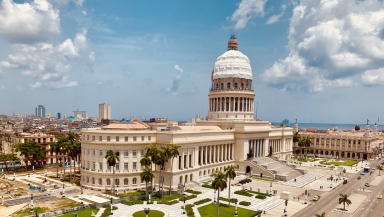
In a nation where basic essentials like food and medicine are scarce, and where power outages are a regular occurrence due to infrastructure issues, the natural inclination might be to seek solace in prayer. However, in Cuba, such expressions are restricted, as acknowledging these problems is seen as a critique of the government’s performance.
For Christians, the expectation to pray or discuss national issues during services is a norm elsewhere, yet in Cuba, it is prohibited. The government’s stance is that recognizing these challenges is tantamount to criticism, which is not tolerated.
Groups aiming to provide direct aid, such as offering food to the needy, are similarly discouraged. One instance involved a pastor from a government-registered church who was summoned by State Security agents due to concerns that his church’s outreach efforts might be misrepresented by ‘enemies of the Revolution’.
The pastor was initially asked to cease these activities, under the claim they were governmental responsibilities. Upon refusal, he faced threats of credential revocation, although he was eventually allowed to leave with a warning of potential repercussions.
This scenario is not isolated, affecting even registered churches, which typically have more freedom than the unregistered ones, numbering in the hundreds over the past sixty-five years.
According to CSW, there were 624 documented instances in 2024 of infringements on the right to freedom of religion or belief (FoRB) in Cuba. These incidents often included arbitrary detention, repeated interrogations, threats, harassment, and fines, affecting various religious groups.
Discrimination also extended to children in educational settings due to their beliefs. In one case, a Protestant pastor’s child faced possible expulsion for carrying a Bible to school. Another involved a Yoruba religious leader’s daughter being asked to remove a protective bracelet, with expulsion threatened as a consequence of non-compliance.
These actions reflect a broader governmental effort to suppress FoRB and other rights, driven by a fear of religious influence challenging the authority of the Cuban Communist Party. This fear of dissent and humanitarian action compels the government to restrict any perceived criticism.
Such repression emphasizes the need for the international community to support those advocating for human rights and democracy in Cuba, bolstering efforts to improve their situation.
By CSW’s Press & Public Affairs Officer Ellis Heasley. Click here to read CSW’s new report on Cuba.
This article was originally written by www.christiantoday.com

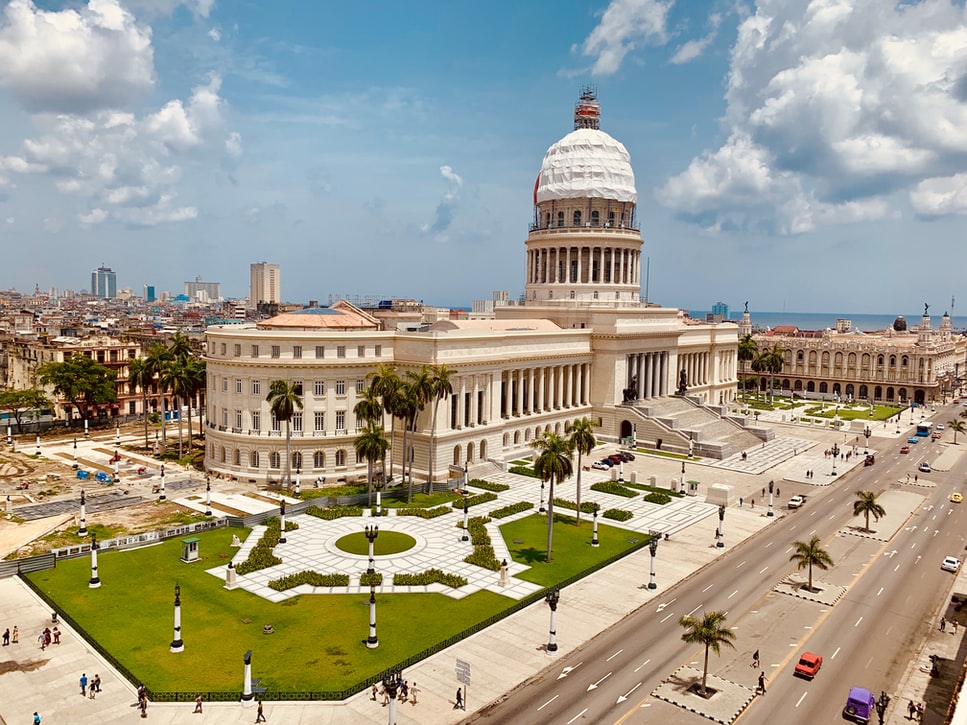
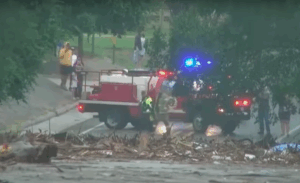
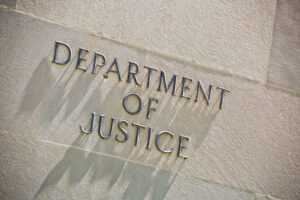
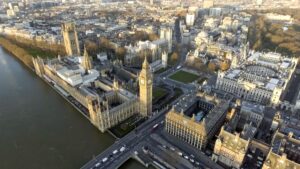

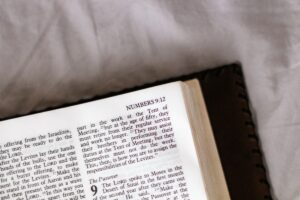
Be First to Comment